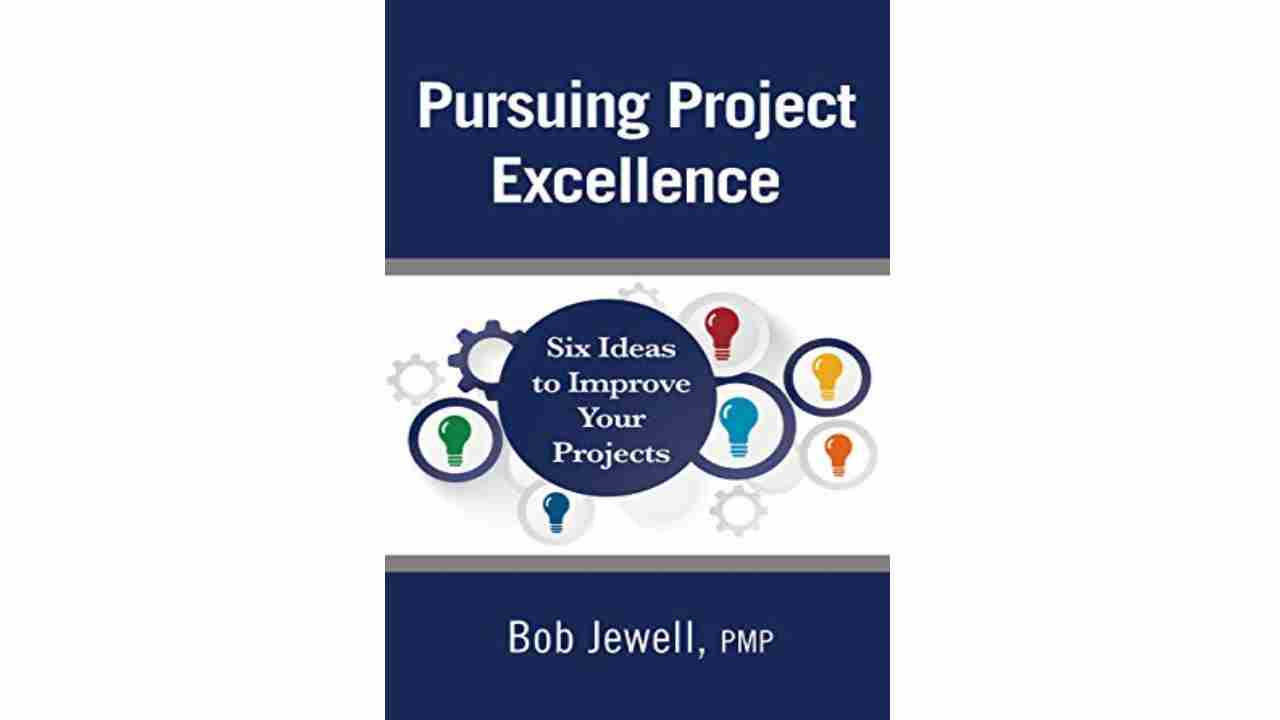Project Hero Blog - Weekly Best Practices and Tips
Project Management for Aspiring, New, and Accidental PMs
Search with The Project Management Search Engine by PMConnection. Search across only the Great Websites listed at PMConnection. See the list here.
Developing a process for risk response planning is critical. In addition to reducing thinking bias, a process reduces the risk of poor responses and ensures any responses creating new risks receive treatment as all others.
- Start with the highest priority risk - review the identification and analysis of the risk.
- Identify at least one risk trigger. In the process, you may uncover additional inf ...
Innovation is often a direct result of good project management - teams find novel solutions and produce superior results (creativity), which can be implemented (innovation). Here are 5 tips for encouraging and supporting innovation in projects:
- Provide clear objectives, roles, responsibilities, and an overall plan to focus on creativity.
- Demonstrate value for new ideas: let them be heard and d ...
If we look at the five levels of effective quality management, it's easy to see that proactive (taking preventative measures) is the least expensive way to go. If clients find problems, or we find the problems just before the project goes to the customer, there is a cost to repair issues, as well as the possibility of other losses, such as loss of reputation or the client. A solid risk managemen...
They say that 90% of project work is about communications in some form. Others have estimated that meetings can take up around 50% of project communications time. So, make a commitment to follow these five steps to take your meetings from good to GREAT:
Goals: Pre-plan the meeting and determine what goals must be met to achieve meeting success.
Right people: Determine the right set of people to ...
Why do our projects not succeed?
Toward the end of last week, I completed a corporate training for UCSD Extension at a major San Diego/US defense contractor. They were taking the final exam, so I covered some short topics to generate discussion rather than cover new material. I showed them the results of industry studies by organizations such as Standish Group and Meta Group. I showed them acade...
The working environment can be as important as having a good plan and will improve planning and other outcomes. Support creativity, innovation, and some risk-taking with these five tips:
- Have a clear vision for the project and communicate it clearly to all stakeholders
- Encourage open, honest, and transparent communication and collaboration
- Become a lifelong learner with a mindset of continuou ...
It’s been a year since the launch of the Accidental Project Manager book. PPC Group, LLC wants to help as many new, aspiring, and “accidental” project managers as possible during the next month. On 12 August 2019, we are launching Accidental Project Manager: The Online Experience. Continuing in the tradition of the book, this new online experiential course develops essential project management ski...
For the last two weeks, we looked at two different ways to evaluate project selections to determine which to work on. This type of activity is often carried out by senior management and not the project manager. The project manager is usually involved once the project charter has been developed. A special form of project charter is the Statement of Work or SOW. Its often associated with a contract ...
These tips are from Pursuing Project Excellence: Six Ideas to Improve Your Projects by Bob Jewell, PMP (with permission).
- Define the word "scope" carefully. It is "the ... work to accomplish the ... deliverables (product, service, or other results) to the agreed-upon requirements."
- Get clear requirements. "Assign each of the project's deliverables to a team member and give them the responsibil ...
Last week we looked at the BCR -- Benefit-Cost Ratio as a way of evaluating a project. This week I'd like to look at a related technique -- Total Cost of Ownership (TCO). The purpose of many projects is to introduce a new product or service. Often this new product or service has a later ongoing operation. For example, if you have installed Oracle Financials, there is a need to develop the customiz...











